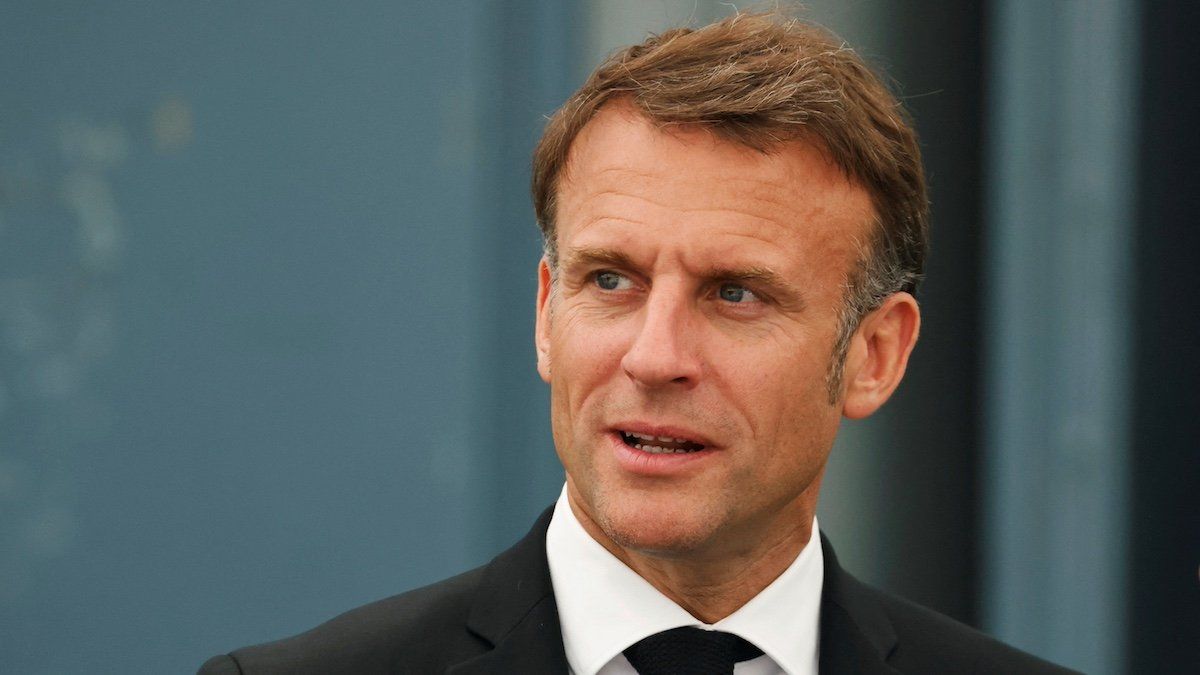Following a humbling 17-point defeat to Marine Le Pen’s far-right opposition party in the EU Parliament elections this weekend, France’s President Emmanuel Macron shocked the world by calling for snap elections to be held on June 30.
German Chancellor Olaf Scholz also suffered defeat to the far-right over the weekend, but he rejected demands for him to follow in Macron’s footsteps and call a snap election.
Macron’s logique: Macron is daring French voters to vote the same way domestically that they did this weekend for the European Parliament – which has long been seen as a protest vote.
According to Eurasia Group’s Europe directorMujtaba Rahman, “Macron believes he can defy the polls by confronting France with a stark choice between the pro-EU, pro-Ukraine & centrist status quo versus the existential risk of a far-right government.”
Macron is making a huge gamble on France's future. Polls suggest his centrist coalition will fail to win a majority, and if Le Pen’s National Rally picks up the most seats, France will be in uncharted waters. Le Pen has said she would partially withhold EU funding, toughen migration policy, infringe on the EU single market by prioritizing French business, and limit aid to Ukraine.